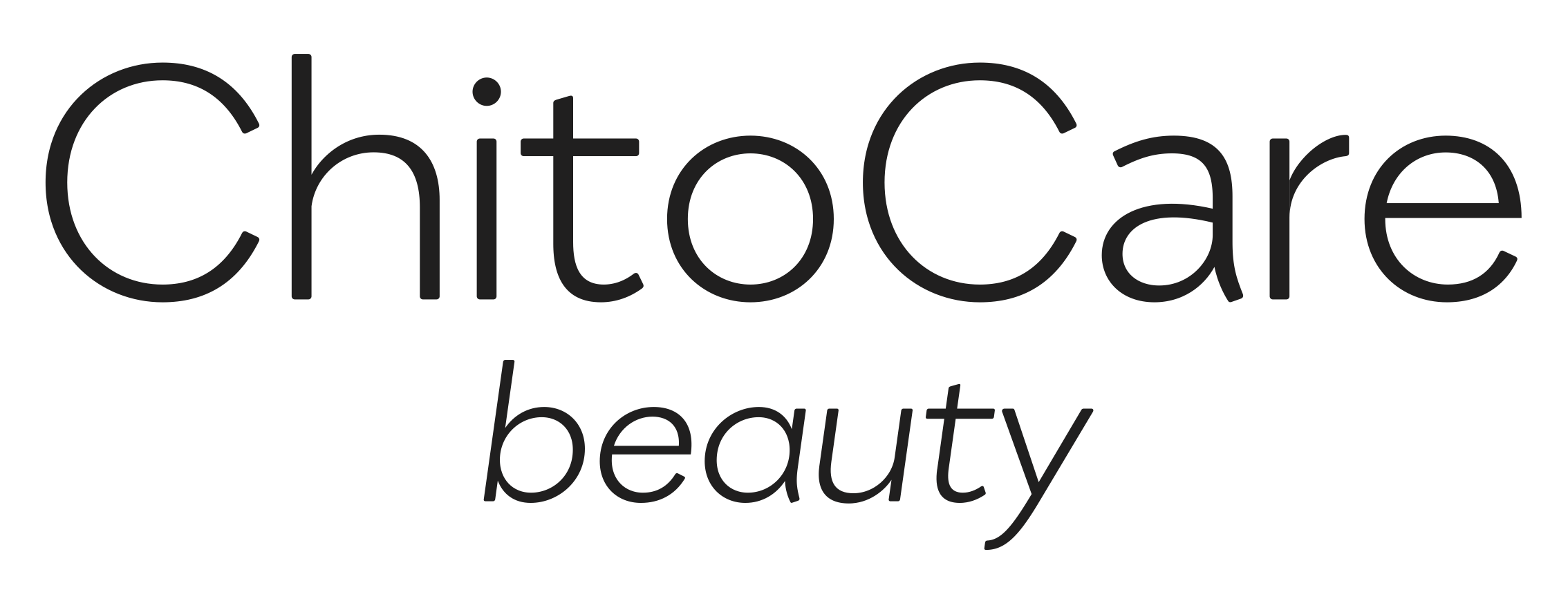
How Aging Affects the Layers of the Skin
As we age, the substances that keep our skin firm and smooth start to become reduced. Changes occur in the layers of the skin, with varying results.
Let’s look at each layer separately to better understand how the layers of the skin age with time.
Hypodermis
The hypodermis, the deeper, fatty layer of the skin, loses fat content and becomes thinner with age. This loss of volume results in wrinkles and reduced plumpness. As the skin becomes less resistant to trauma, it becomes less resilient, so wounds, micro-abrasions or sunburn take longer to heal.
Dermis
The dermis layer of the skin loses its ability to maintain sufficient amounts of collagen and elastin as we grow older. The breakdown of collagen and elastin fibres results in reduced skin thickness, reduced firmness and reduced elasticity. Furthermore, blood vessels become fragile and can break more easily, resulting in more visible bruising or bleeding.
Epidermis
The epidermis is the thinnest, outer layer of our skin. With age, it becomes thinner and cell renewal slows down, resulting in rougher skin texture and a paler complexion. Melanin distribution loses regularity, resulting in uneven pigmentation. Oil glands in the epidermis decrease their production of oil and proteoglycans diminish. Skin can become dry, dehydrated, itchy or rough. Free radicals, oxidative stress and toxins accumulate, resulting in wrinkles and fine lines.
Nourish your skin with ChitoCare beauty
Keeping skin moisturised and hydrated is one of the first steps to aging gracefully. Making sure your reserves of collagen, elastin, water and oils are replenished will help keep skin plump, soft, smooth and with a youthful glow.
Remember also that our skin is not the same across our whole body. Skin differs on different parts of the body. Tailor your skin care routine accordingly to ensure each part of your skin is pampered and taken care of with our handy guide.
Nourish your skin for optimal skin health with ChitoCare beauty products.
To reduce chronic wounds and promote natural skin healing, try ChitoCare medical Wound Healing Gel. Containing marine chitosan that adheres as a protective film to intact or breached skin to effectively protect against infections, reduce redness and itching, and minimise scarring.
Follow it up with ChitoCare beauty Face Cream. Containing soothing aloe vera, natural moisturising oils from coconut, soybean and macadamia nuts, and marine chitosan that forms a protective film over the skin, it increases skin hydration, firmness and elasticity.
ChitoCare beauty Body Lotion contains naturally moisturising ingredients, like coconut oil, aloe vera and sunflower seed oil, that nourish and soften the skin. Marine chitosan protects the skin by forming a film, reducing redness and itching and offering powerful skin repair.
For your hands, try ChitoCare beauty Hand Cream. Containing natural oils from sweet almonds, macadamia nuts and sunflower seeds, it is suitable for itchy, flaky or cracked skin, or dry areas such as elbows and knees.
And, last but not least, protect your skin from the stresses of everyday life with our Anti-Aging Repair Serum. Containing antioxidants, hyaluronic acid, marine chitosan and prickly pear stem extract, it is clinically proven to reduce the appearance of fine lines and deep wrinkles, providing powerful skin repair. Replenish your skin’s moisture barrier for smoother, more radiant, and younger-looking skin.
___
ChitoCare beauty is the first skincare brand to incorporate marine chitosan into its products. Scientifically proven properties of chitosan include film-forming, moisture control and powerful skin repair.


